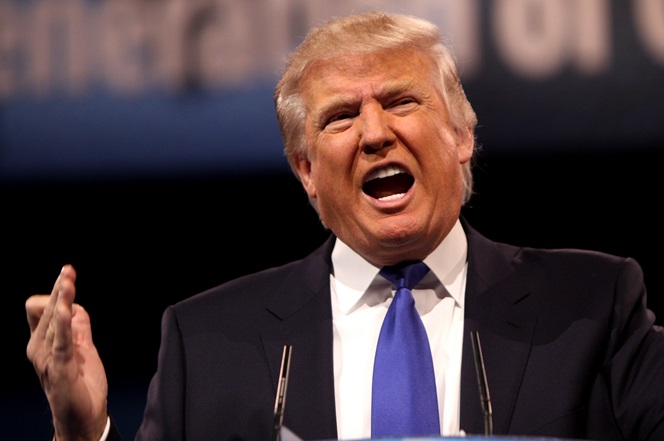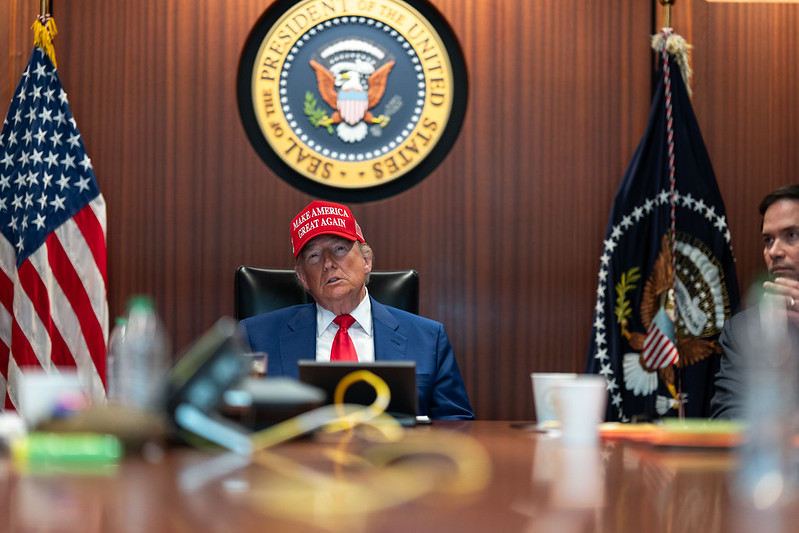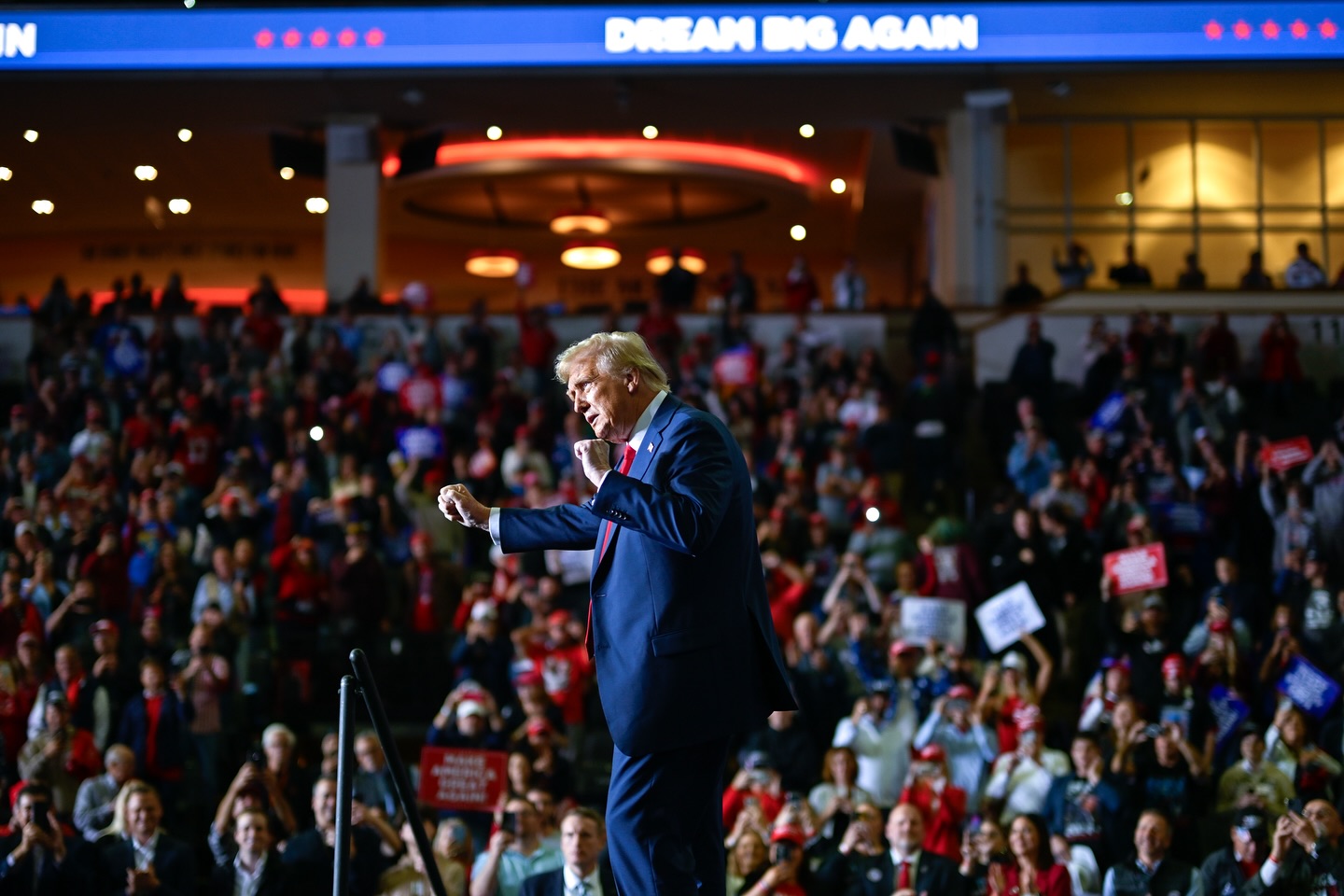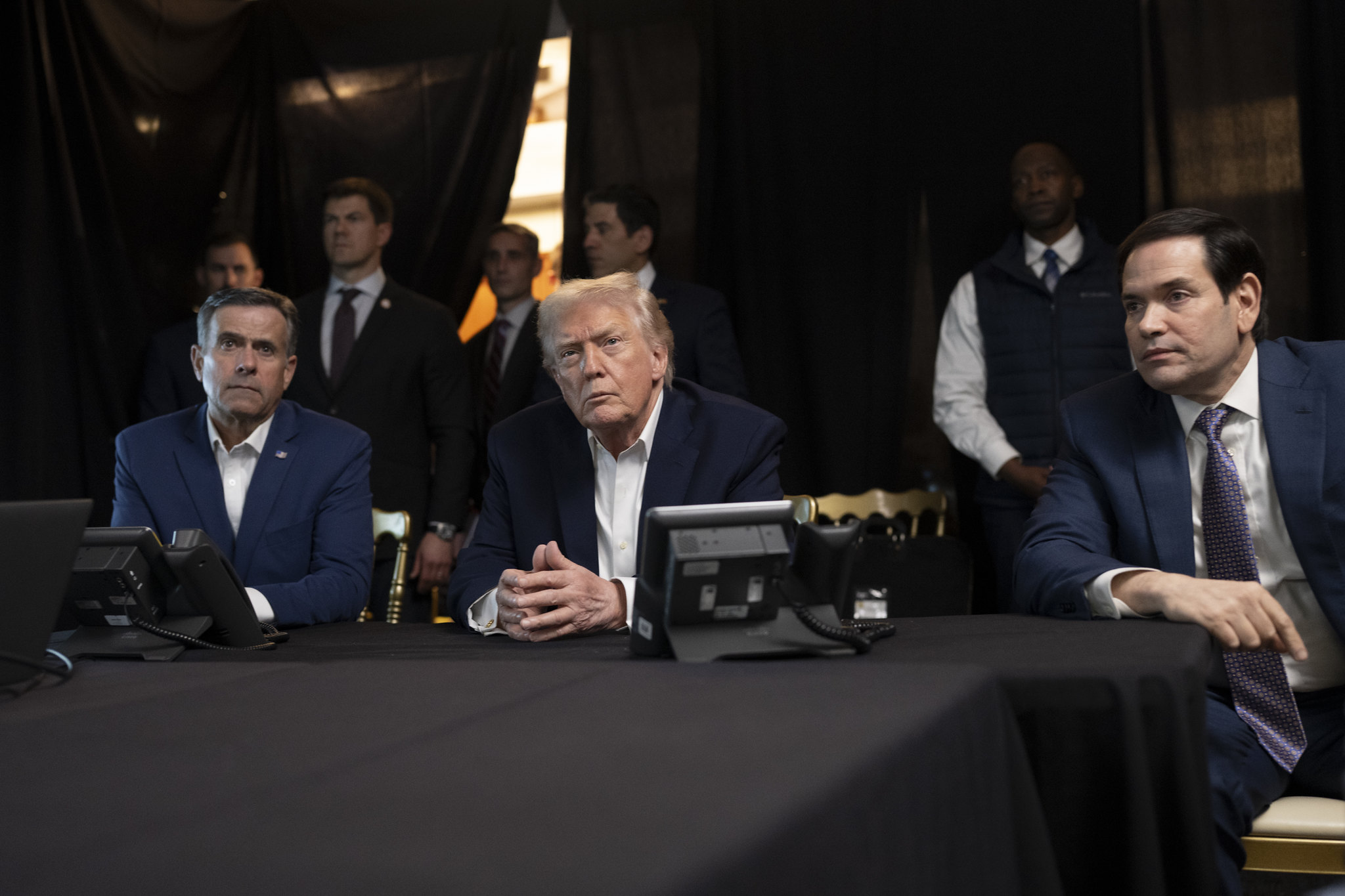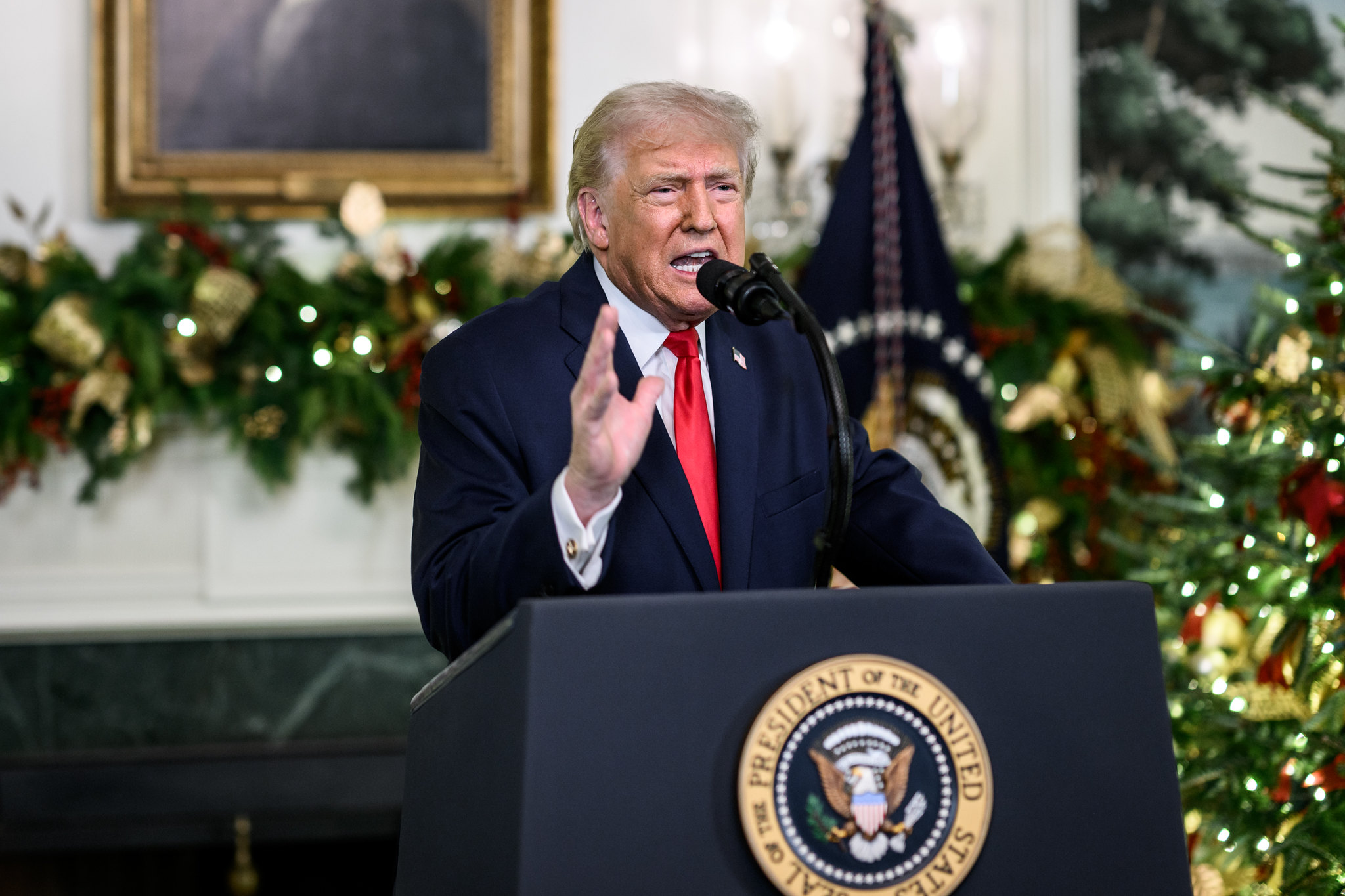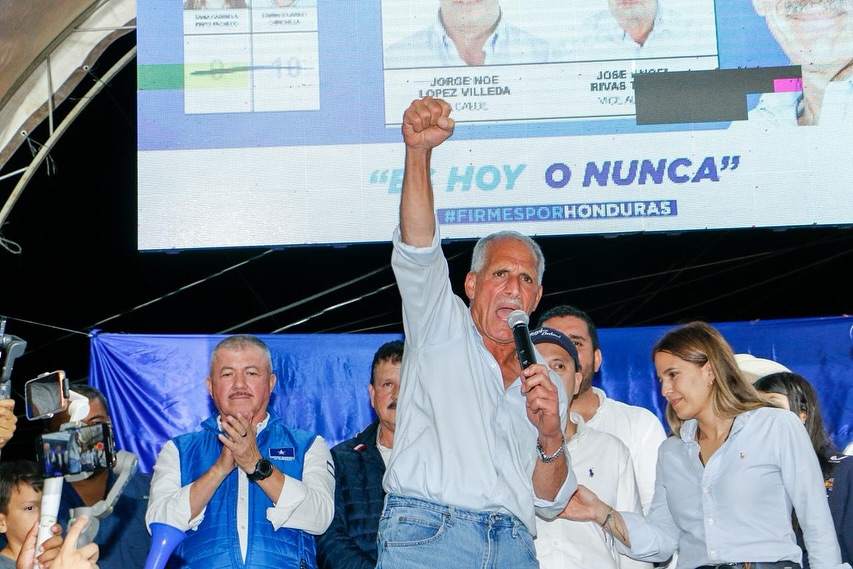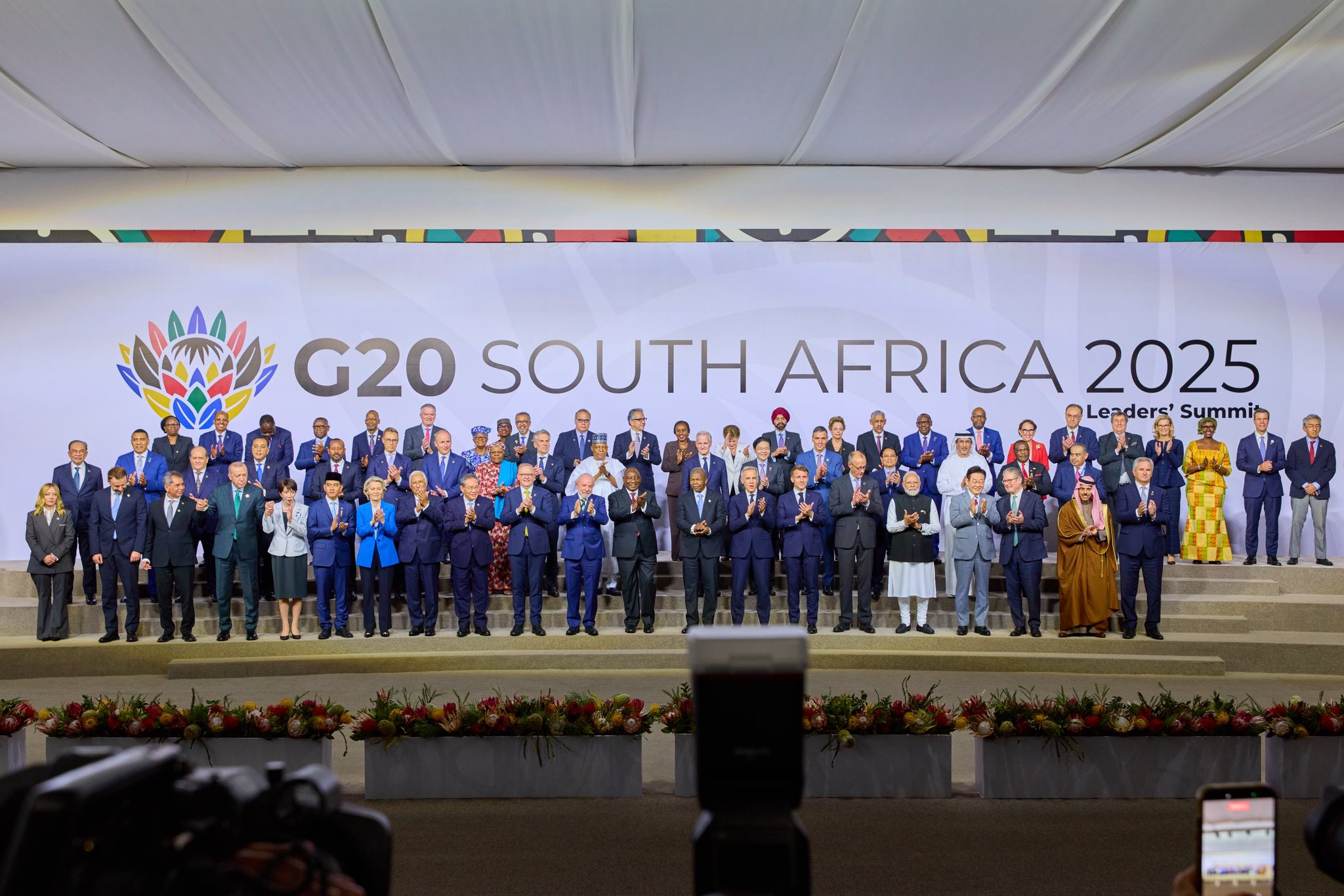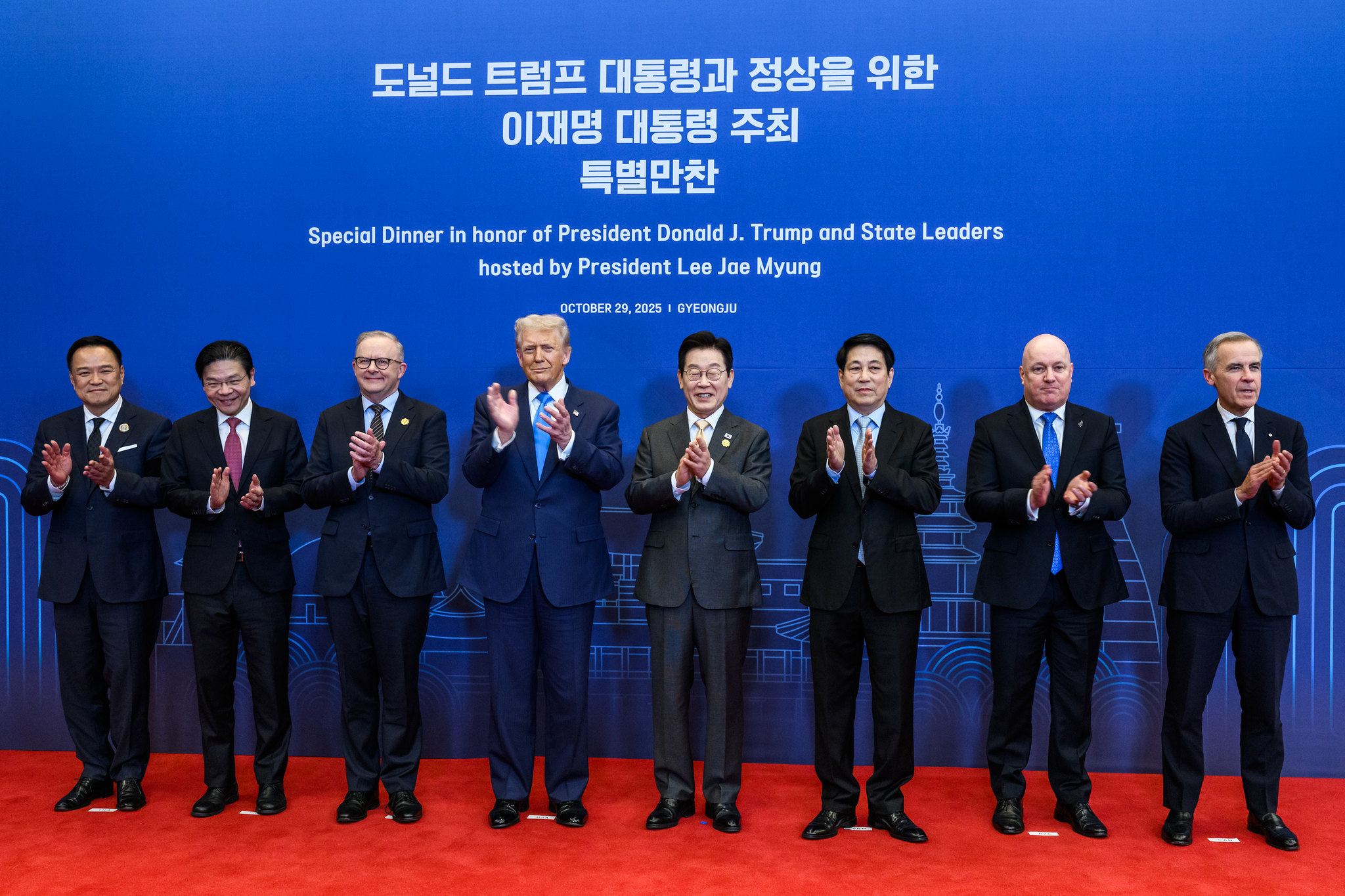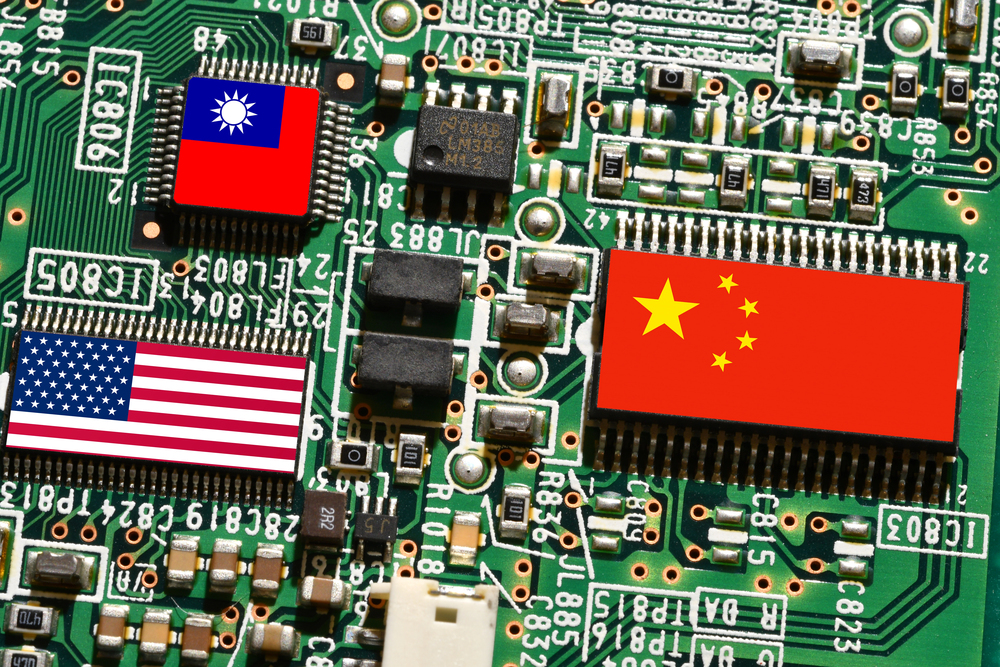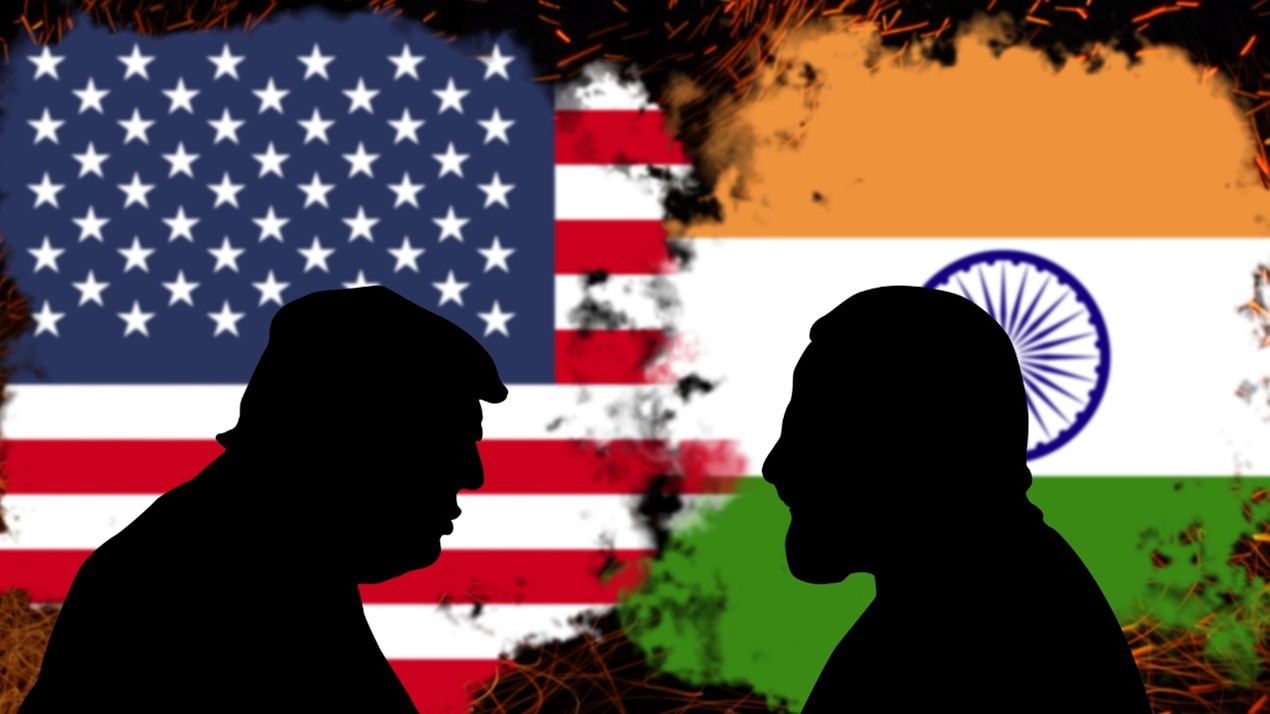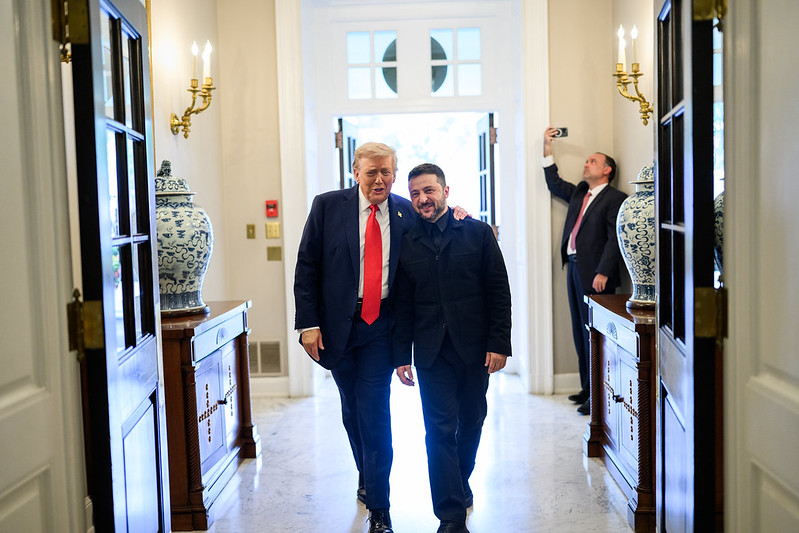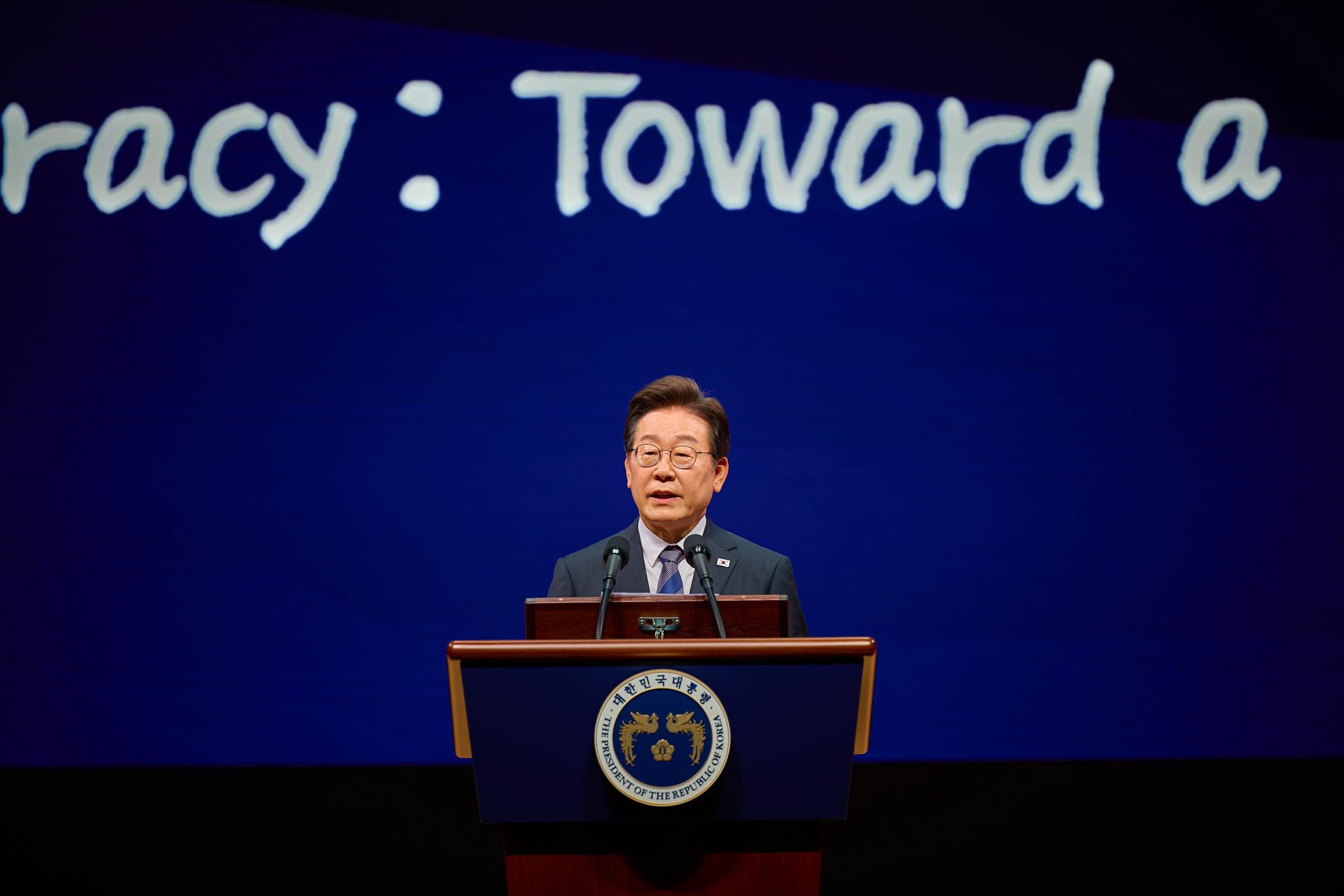
The Office of the United State Trade Representative (USTR) announced that Donald Trump would impose 30% tariffs on solar imports and 50% tariffs on washing machines on January 22 of this year. Resource: Gage Skidmore, flickr,
<https://www.flickr.com/photos/gageskidmore/8566717881>.
<https://www.flickr.com/photos/gageskidmore/8566717881>.
Newsletter 2018 No. 4
The Analysis of the Impactof Trump's Tariff on Global Trade
Ming-fang Tsai
Professor, Department of Industrial Economics,
Tamkang University
February 9, 2018
The Office of the United State Trade Representative (USTR) announced that Donald Trump would impose 30% tariffs on solar imports and 50% tariffs on washing machines on January 22 of this year. Since the 2016 US presidential campaign, Donald Trump has continued to point out that China governmental support for its domestic industries has led to an excess supply of cheap exports over the past 10 years. The unfair industrial subsidy policy indirectly hurts many producers in the US, and it has caused many workers to lose jobs. Actually, the industrial subsidy policy not only hurts the US, but also hits many producers in all China's exporting countries.
The tariff raising policy can be viewed as one part of Trump's "America First" agenda. This is because Trump asserts that this policy should benefit US consumers and create many jobs. Nevertheless, there is no denying that the cheap imported solar panels have helped solar power grow rapidly in the US over recent years. The cheap solar panels also indirectly enhance the size of the solar installation sector and, in turn, create many jobs. As a result, on the one hand, a higher import tariff on solar panels will benefit domestic competitors and increase local employment in the US. On the other hand, this tougher tariff policy will hurt the solar installation sector and cause workers in this sector to lose their jobs. For the above reason, I conclude that the impact of the tariff-raising policy on the employment rate in the US is ambiguous. To understand the employment effect of the tariff-raising policy, we shall clarify the vertically related structure of the solar industry and further calculate the employment contribution of each segment.
For the effect of the tariff-raising policy on the global market, a higher import tariff will increase the product's price in the importing country, so the total trade volume of the solar industry and that of the washing machine industry generally should decrease. Furthermore, as mentioned above, the complementary products or services of those high tariff industries must suffer a loss due to the higher price. Therefore, the market size of the solar related products will shrink due to this tariff-raising policy. Meanwhile, the negative effect of this new tariff on the biggest exporting country of solar cells and that of solar panels must be the largest. For the relatively small exporting country, if the increasing price of the solar product is larger than the decrease of the exporting quantities, the total exporting revenues of these exporting countries may increase, instead of decrease.
Furthermore, the aggressive import tariff policy will raise the temperature of the trade battle. Wang Hejun, an official representative at the commerce ministry in China, points out that the new import tariff not only hurts the healthy development of the industries in the US but also worsens the global trade situation of related products. That is, the higher import tariff policy will trigger a trade battle and the status of the global market will become tough. Nevertheless, because there exists excess supply in the global market, a more aggressive import tariff may correct this market distortion and may enhance global welfare.
For the effects of the tariff-raising policy on Chinese producers, if excess supply of an export-oriented product exists in China, a higher import tariff policy must worsen the status of the export-oriented firm. Nevertheless, it may force the Chinese government to change the related industrial policy and induce Chinese firms to reduce output. Therefore, the excess supply of the export-oriented product will decrease and more production resources will be released. If these resources can be reallocated to a more productive sector, Trump's import tariff policy may incur a positive impact on the welfare of China.
We must examine the impact of Trump's new tariff policy on Taiwan. The report of the Bureau of Foreign Trade (Ministry of Economic Affairs) shows that Taiwan is the second-largest supplier of solar cells in the global market; the solar cell industry has an annual capacity of 12 GW. Taiwanese solar cell firms contribute 45 percent of the import value of solar cells in the US market. Other than the US, our major export markets include China, Vietnam, Germany, Singapore, and Japan, so the effects of the new import tariff policy on Taiwan should include the direct export effect and the indirect export effect. The direct effect means the solar cell exports to the US market from Taiwan. The indirect effect means the related solar cell product exports to other countries, who then export solar cells to the US market. As a result, the new import tariff policy will carry a negative effect on the profits of Taiwanese firms. Since 2014, however, because the US government imposed both anti-dumping duties and countervailing duties on the Chinese solar industry, the solar cell firms in Taiwan have diversified their countries for export because the relation between Taiwan and China in the solar industry is closed. Thus, the negative effect of Trump's new tariff on the solar industry in Taiwan should be smaller.
Consequently, regardless of Trump's trade agenda, a more diversified trade relationship becomes more important, especially in Taiwan. The unfair industrial subsidy policy in China has hurt all its trade partners. The "America First" agenda must make the US trade policy become tougher. As excess demand always exists in the US market, a more protective trade policy must make the excess demand shrink and the global trade volume decrease. China, the "World Factory," must suffer a huge loss in the export industry. The other major exporting countries also will suffer a certain extent of losses. Under the "America First" agenda, trade diversification can only mitigate the losses because the global pie must become smaller.
Related Links
Editor’s Note: The views expressed in this publication are those of the authors and do not necessarily flect the policy or the position of the Prospect Foundation.


